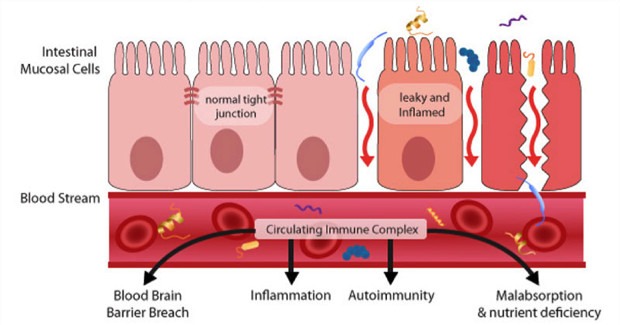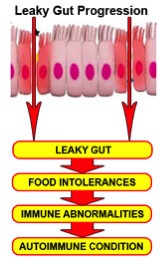
Dr. Kellman had Shoshana follow a “4R Protocol” to 1. Remove the top triggering foods: eggs, dairy, soy, gluten, and grains; 2. Replace missing stomach acid and enzymes; 3. Reinoculate her microbiome with needed pre- and probiotics, and 4. Repair the leaky gut barrier with healing minerals, foods and anti-inflammatory supplements. By the time Shoshana completed the 4R gut-healing program, her symptoms disappeared along with her unwanted weight.











